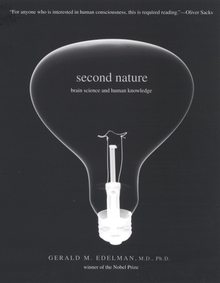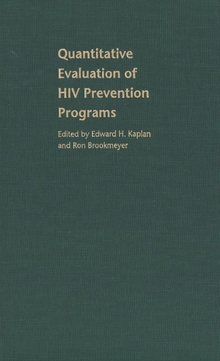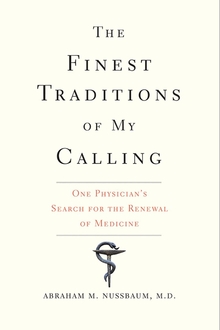Second Nature
WARNING
You are viewing an older version of the Yalebooks website. Please visit out new website with more updated information and a better user experience: https://www.yalebooks.com
Brain Science and Human Knowledge
Gerald M. Edelman, M.D., Ph.D.
Burgeoning advancements in brain science are opening up new perspectives on how we acquire knowledge. Indeed, it is now possible to explore consciousness—the very center of human concern—by scientific means. In this illuminating book, Dr. Gerald M. Edelman offers a new theory of knowledge based on striking scientific findings about how the brain works. And he addresses the related compelling question: Does the latest research imply that all knowledge can be reduced to scientific description?
Edelman’s brain-based approach to knowledge has rich implications for our understanding of creativity, of the normal and abnormal functioning of the brain, and of the connections among the different ways we have of knowing. While the gulf between science and the humanities and their respective views of the world has seemed enormous in the past, the author shows that their differences can be dissolved by considering their origins in brain functions. He foresees a day when brain-based devices will be conscious, and he reflects on this and other fascinating ideas about how we come to know the world and ourselves.
"Edelman's Second Nature offers the mature synthesis of his reflections on brain and mind. Somehow, it is both intellectually satisfying and wise."—Antonio Damasio, author of Descartes' Error and Looking for Spinoza
"A remarkable contribution to the philosophy of the mind, Edelman's Second Nature breaks new ground to an age-old problem by launching brain-based epistemology. Original, lucid, concise, succinct: easily the best in the field."—Apostolos P. Georgopoulos, Regents Professor, University of Minnesota
“Dr. Edelman has done something unique in this book. He deals both with the important epistemological issues and the mechanisms in the brain that give rise to them.”—Avrum Stroll, University of California, San Diego
“In the tradition of John von Neumann’s The Computer and the Brain and Erwin Schrödinger’s What Is Life? Gerald Edelman summarizes his seminal contributions to our understanding of the human brain and the human mind. The reader is drawn into a conversation with a master, who is at once witty and wise.”—Howard Gardner, author of Changing Minds
"Second Nature is well worth reading. It serves as a bridge between the traditionally separate camps of ‘hard’ science and the humanities."—Richard Restak, Wilson Quarterly
"[Edelman] reviews the latest research in brain-based approaches to consciousness, creativity, and mental illness."—ScienceNews.org
Publication Date: October 30, 2007
3 b/w illus.









